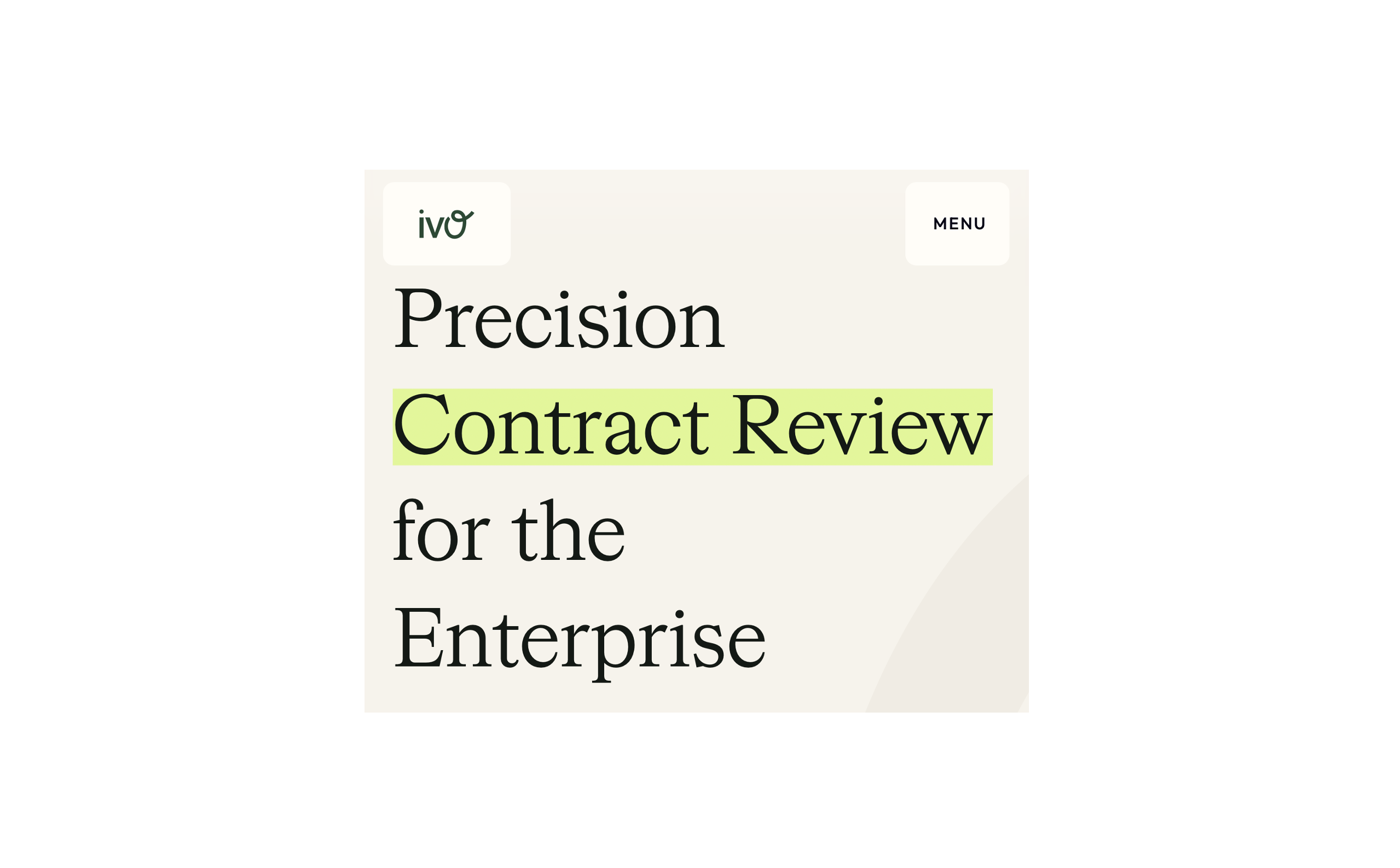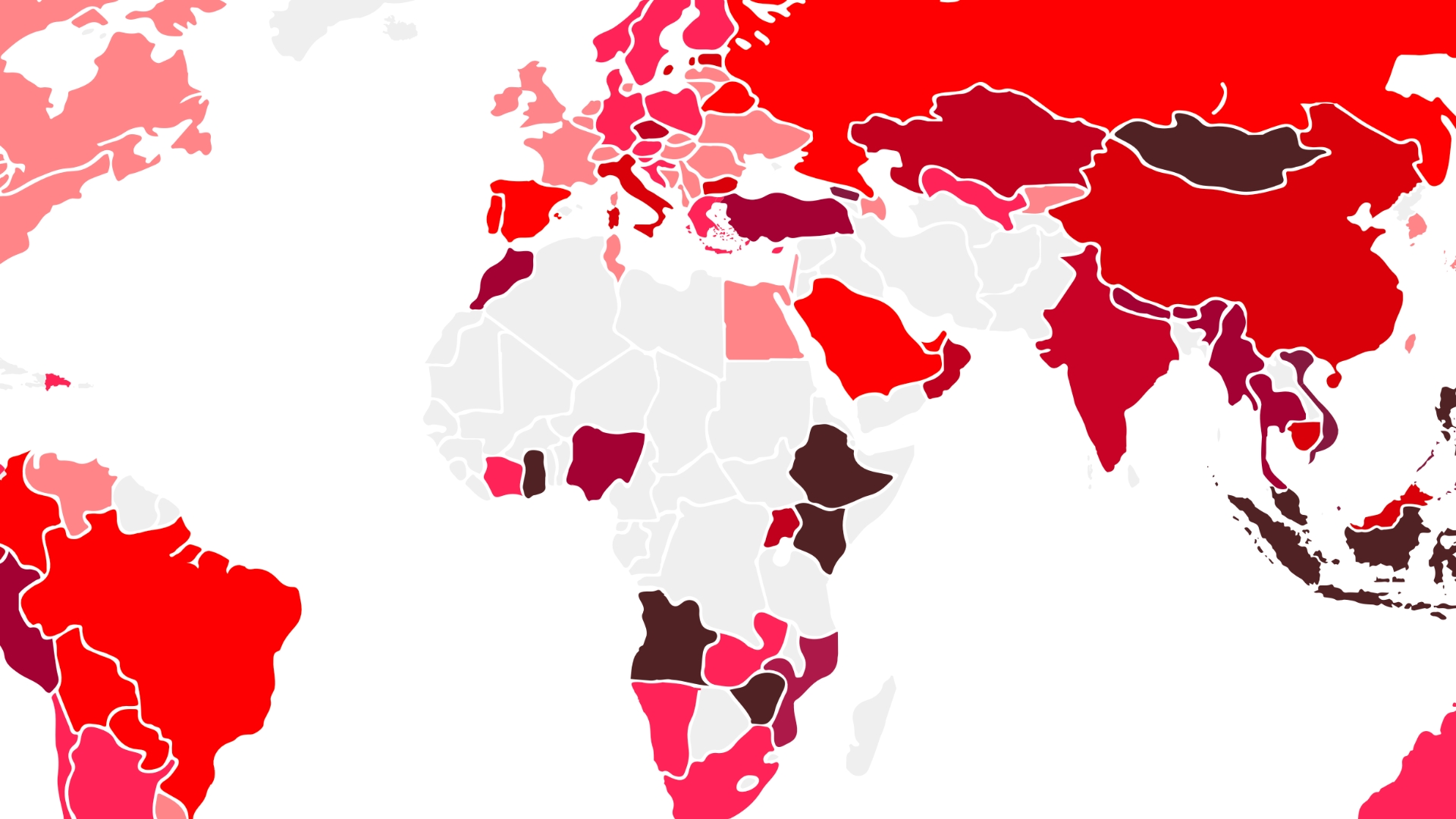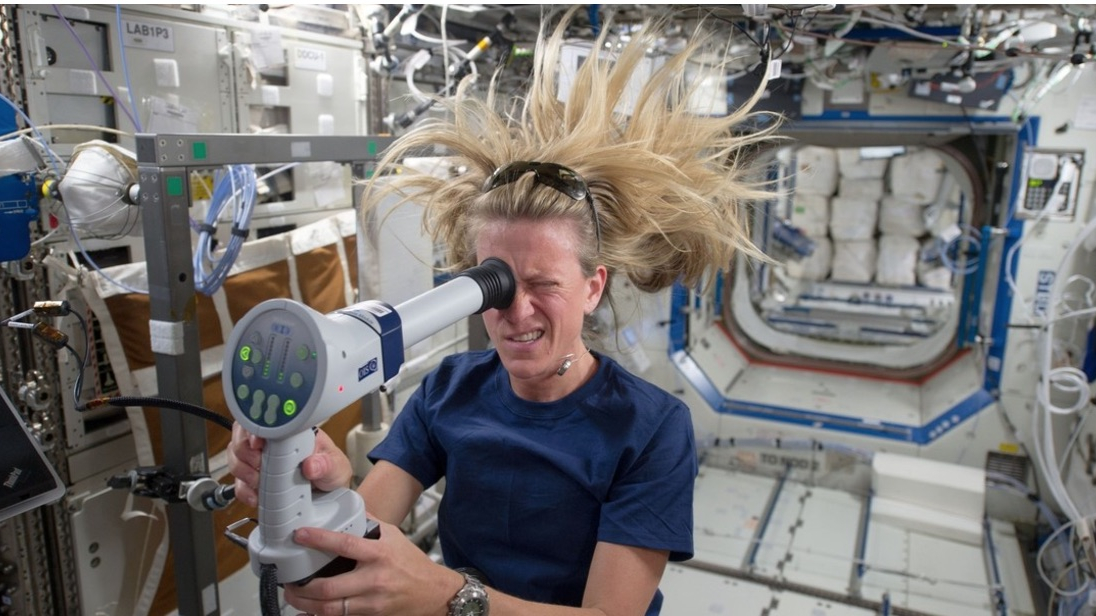Quantinuum Announces Generative Quantum AI Framework Gen QAI
Quantinuum just announced a new generative quantum AI framework, Gen QAI. The company says its new framework leverages quantum-generated data to enable commercial applications in areas like drug development, predictive modeling in financial markets, and logistics and supply chain optimization. The company’s H2 quantum computer is driving this new framework, as it claims the computer can be harnessed to train AI systems to significantly enhance the fidelity of AI models. Quantinuum has been working on building generative quantum AI since 2019, with an early focus on building natively quantum systems for machine learning. “At Quantinuum we have been maniacally focused on ‘rebuilding’ machine learning techniques for Natural Language Processing (NLP) using quantum computers. Our research team has worked on translating key innovations in natural language processing — such as word embeddings, recurrent neural networks, and transformers — into the quantum realm,” the company wrote in a recent blog post charting their progress. (See our resident quantum expert John Russell’s breakdown of this blog post here.) It is unclear which specific breakthroughs are powering the new Gen QAI framework, only that this approach combines the power of HPC, LLMs and quantum computers, according to Quantinuum. AIwire has reached out to the company for more details and will update this story accordingly. Quantinuum President and CEO Dr. Raj Hazra says we have reached a moment where the hypothetical is becoming real, and the breakthroughs made possible by the precision of this quantum-generated data will create transformative commercial value across countless sectors. “Gen QAI is a direct result of our full-stack capabilities and our leadership in hybrid classical-quantum computing, delivering an entirely new approach that stands to revolutionize AI,” he said in a release. Quantinuum’s quantum AI initiative is backed by a team with deep expertise in both machine learning and quantum computing. Heading the effort is Dr. Steve Clark, a former Oxford and Cambridge faculty member with over four years at DeepMind as a senior staff research scientist. He collaborates closely with Dr. Konstantinos Meichanetzidis, a specialist in quantum many-body physics, theoretical computer science, and AI. Rather than just transferring classical AI models onto quantum hardware, the team is using a quantum-first approach that it says fully embraces the unique computational properties of quantum systems, such as entanglement and interference. This is meant to ensure that quantum AI models are not just adapted from existing methods but fundamentally reimagined to maximize quantum advantages. Quantinuum said in a release that it will be sharing results this year from ongoing collaborations such as one with the HPE Group in Italy with a focus on quantum computing for the automotive industry. Enzo Ferrari, Executive Vice President of HPE Group, stated, “At HPE, we have a long-standing tradition of employing cutting-edge technologies for our clients in the motorsport industry. We are thrilled about our collaboration with Quantinuum, leveraging quantum generated data for applications such as battery development, aerodynamic optimization and fuel innovation.” Quantinuum also anticipates its upcoming Helios system, slated to be operational by mid-2025, will extend its computational capabilities. The company says its Gen QAI capability will enhance and accelerate the use of Metallic Organic Frameworks for drug delivery, paving the way for more efficient and personalized treatment options, with more details to be unveiled at the launch of Helios.

Quantinuum just announced a new generative quantum AI framework, Gen QAI. The company says its new framework leverages quantum-generated data to enable commercial applications in areas like drug development, predictive modeling in financial markets, and logistics and supply chain optimization.
The company’s H2 quantum computer is driving this new framework, as it claims the computer can be harnessed to train AI systems to significantly enhance the fidelity of AI models.
Quantinuum has been working on building generative quantum AI since 2019, with an early focus on building natively quantum systems for machine learning.
“At Quantinuum we have been maniacally focused on ‘rebuilding’ machine learning techniques for Natural Language Processing (NLP) using quantum computers. Our research team has worked on translating key innovations in natural language processing — such as word embeddings, recurrent neural networks, and transformers — into the quantum realm,” the company wrote in a recent blog post charting their progress. (See our resident quantum expert John Russell’s breakdown of this blog post here.)
It is unclear which specific breakthroughs are powering the new Gen QAI framework, only that this approach combines the power of HPC, LLMs and quantum computers, according to Quantinuum. AIwire has reached out to the company for more details and will update this story accordingly.
 Quantinuum President and CEO Dr. Raj Hazra says we have reached a moment where the hypothetical is becoming real, and the breakthroughs made possible by the precision of this quantum-generated data will create transformative commercial value across countless sectors.
Quantinuum President and CEO Dr. Raj Hazra says we have reached a moment where the hypothetical is becoming real, and the breakthroughs made possible by the precision of this quantum-generated data will create transformative commercial value across countless sectors.
“Gen QAI is a direct result of our full-stack capabilities and our leadership in hybrid classical-quantum computing, delivering an entirely new approach that stands to revolutionize AI,” he said in a release.
Quantinuum’s quantum AI initiative is backed by a team with deep expertise in both machine learning and quantum computing. Heading the effort is Dr. Steve Clark, a former Oxford and Cambridge faculty member with over four years at DeepMind as a senior staff research scientist. He collaborates closely with Dr. Konstantinos Meichanetzidis, a specialist in quantum many-body physics, theoretical computer science, and AI.
Rather than just transferring classical AI models onto quantum hardware, the team is using a quantum-first approach that it says fully embraces the unique computational properties of quantum systems, such as entanglement and interference. This is meant to ensure that quantum AI models are not just adapted from existing methods but fundamentally reimagined to maximize quantum advantages.
Quantinuum said in a release that it will be sharing results this year from ongoing collaborations such as one with the HPE Group in Italy with a focus on quantum computing for the automotive industry.
Enzo Ferrari, Executive Vice President of HPE Group, stated, “At HPE, we have a long-standing tradition of employing cutting-edge technologies for our clients in the motorsport industry. We are thrilled about our collaboration with Quantinuum, leveraging quantum generated data for applications such as battery development, aerodynamic optimization and fuel innovation.”
Quantinuum also anticipates its upcoming Helios system, slated to be operational by mid-2025, will extend its computational capabilities. The company says its Gen QAI capability will enhance and accelerate the use of Metallic Organic Frameworks for drug delivery, paving the way for more efficient and personalized treatment options, with more details to be unveiled at the launch of Helios.











































































